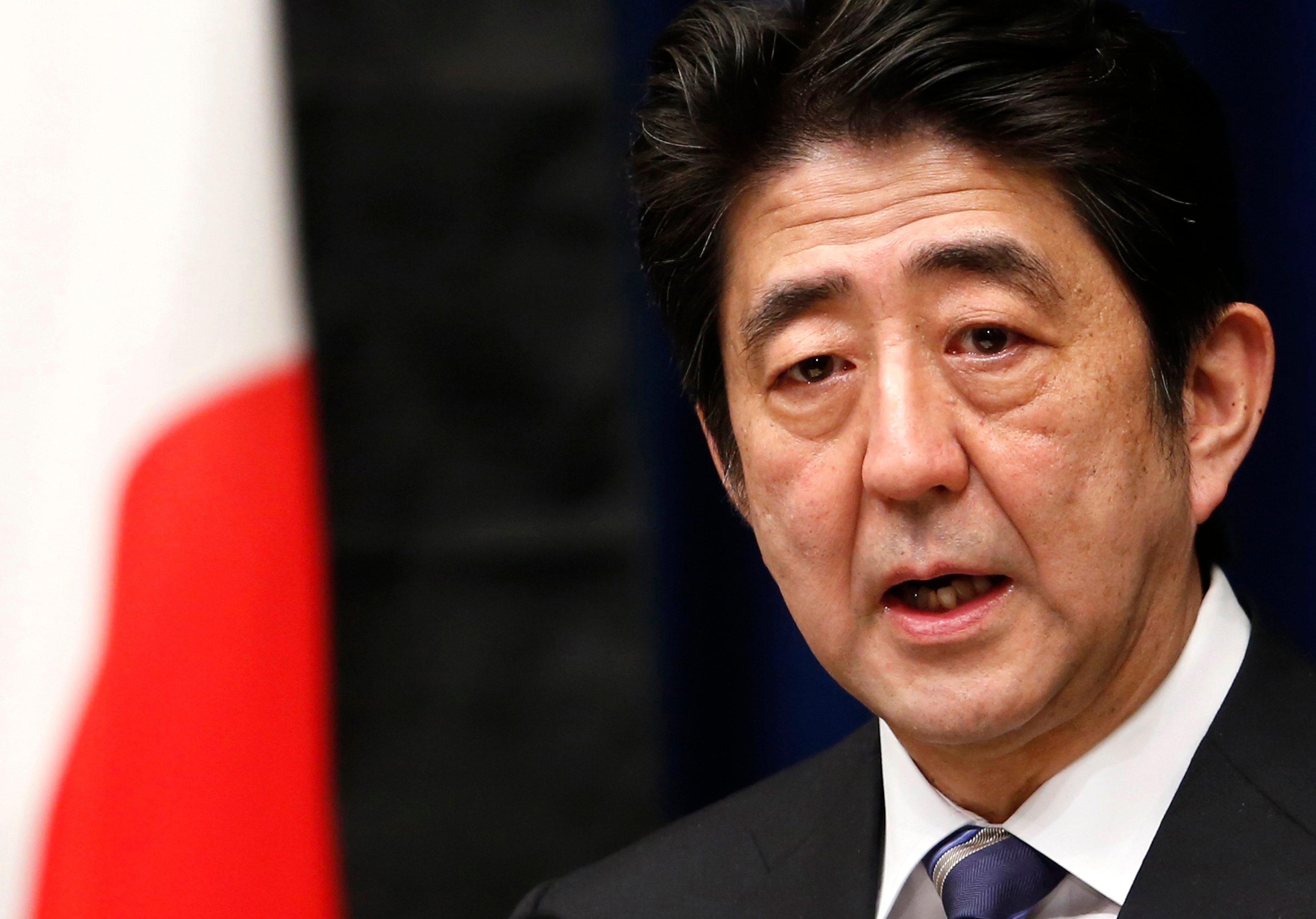Consumption tax and Abenomics policy are facing difficulties?
(Baonghean) - A recent surprising economic news is that the Japanese economy has technically fallen into recession, as the country's gross domestic product (GDP) has decreased for the second consecutive quarter. Immediately, Japanese Prime Minister Shinzo Abe decided to postpone the increase in consumption tax - the reason believed to have led to this recession. This development is showing that not only the roadmap for increasing consumption tax but also the entire ambitious economic policy of Abenomics of Prime Minister Abe is facing difficulties.
(Baonghean) - A recent surprising economic news is that the Japanese economy has technically fallen into recession, as the country's gross domestic product (GDP) has decreased for the second consecutive quarter. Immediately, Japanese Prime Minister Shinzo Abe decided to postpone the increase in consumption tax - the reason believed to have led to this recession. This development is showing that not only the roadmap for increasing consumption tax but also the entire ambitious economic policy of Abenomics of Prime Minister Abe is facing difficulties.
In a recent survey by the Wall Street Journal, not a single expert among the 18 economists surveyed said that the Japanese economy would decline. In fact, the forecasts were that the Japanese economy would grow from 2.1 to 2.25% in the third quarter. Therefore, the announcement that the Japanese economy fell into recession was really a surprise. According to the announcement of the Japanese government, the country's economy fell 0.4% in the third quarter after falling 1.8% in the previous second quarter. Of which, personal consumption, which accounts for about 60% of the economy, only increased modestly by 0.2%. The reason is said to come from the government's increase in consumption tax from 5% to 8% in April this year.
| RELATED NEWS |
|---|
 |
| Japanese Prime Minister Shinzo Abe. (Source: Reuters) |
In fact, the Japanese government has been planning to increase the consumption tax since 2012 to reduce the country's huge public debt. Accordingly, a law was passed in 2012, in which the consumption tax will increase from 5% to 8% from April 1, 2014 and then increase to 10% in October 2015. At that time, even among Japanese business leaders, there were different views on this tax increase policy. Supporters argued that the tax increase was necessary to demonstrate Japan's commitment to financial stability; while opponents asserted that the current state of the Japanese economy was not the right time to tax consumers' pockets.
And the latest figures show that the first phase of the tax increase has had a strong impact on the growth of the Japanese economy. In response to this unexpected development, Prime Minister Shinzo Abe decided to postpone the second phase of the tax increase until April 2017. In addition, Mr. Abe said that he will prioritize passing a supplementary budget for the current fiscal year, to "energize" the economic stimulus package worth 2 trillion to 3 trillion yen (equivalent to about 17 billion to 26 billion dollars). Immediately after this decision, the good news was that the Japanese and Asia-Pacific stock markets saw indexes increase simultaneously.
Although Prime Minister Abe's decision can calm public opinion at this time and restore prestige in preparation for the early general election just announced on December 14, domestic public opinion is still skeptical about his economic strategies. Broadly speaking, this is the ambitious economic policy still called Abenomics that Prime Minister Abe is nurturing. Abenomics is a series of economic policies called the "3 arrows" strategy with the main focus including promoting public spending, monetary easing and extensive economic growth. According to economists, this policy has been quite effective in 2013, with growth rates of 4.1%, 3.6%, 1.1% and 1.0% respectively. However, entering 2014, the Japanese economy seems to have lost its growth momentum and is even struggling again.
Analyzing the reasons why Abenomics has not been effective, experts believe that there are still two major problems in the Japanese economy: structural problems and the fact that the private economy has not yet really placed its hopes on the recovery of the national economy. To solve this situation, experts believe that Japan needs to expand the scale of bond purchases and implement flexible financial stimulus policies. To be able to do this, there will still be many things that Prime Minister Abe needs to do and cannot be resolved overnight. Certainly, the ups and downs of the world's third largest economy, Japan, will have a significant impact on the economic recovery process in the region and the world. Therefore, up to now, Abenomics is still considered the best opportunity for the Japanese economy to prevent a debt crisis, regain growth momentum and not cause global growth to fall again.
Phuong Hoa


